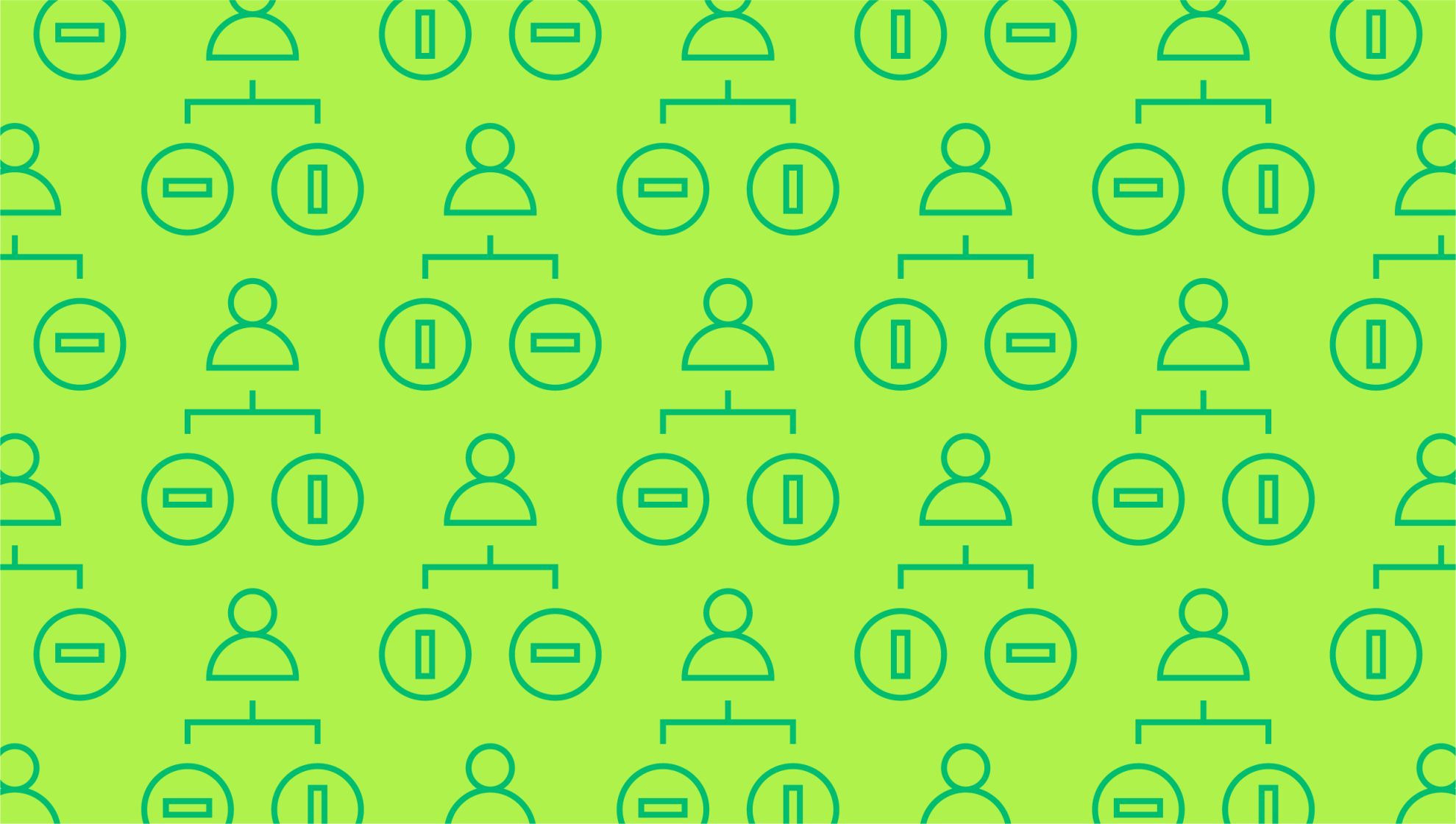Last editedMar 20212 min read
The total cost of ownership is usually referred to as the TCO, and it is a measure of how much a specific asset will cost a business over the longer term. The TCO is a method of deriving this figure by looking at both the initial purchase price and the cost of ownership and operation over the longer period.
Thinking about the TCO of an asset enables businesses to make purchasing decisions based not just on the price at the time of purchase, but also on the amount of money the asset will take from the business during the period in which it is utilized. In this way the business, using the TCO rather than the purchase price, will be able to make a purchase that offers the best long-term value.
Factors used to calculate the TCO
An analysis of the factors that are used by businesses when calculating the total cost of ownership of an asset probably works best when it is applied to a specific type of purchase, such as a new computer system.
Calculating the TCO of a new computer system
Let’s look at that example. When a business purchases a new computer system the initial cost will be the ticket price of the system as it is supplied. The total cost of ownership, however, could include aspects such as the following:
Software
Installation
Employee training
Disaster recovery planning
Ongoing support
Future upgrades
Security
By factoring in these additional costs, based on a combination of estimates and past experience, the business will be able to calculate the true cost of the new computer system over a lifetime of operation, and therefore whether it represents value in terms of the advantages it is expected to offer.
Total costs of ownership across industries
The manner in which the total cost of ownership is applied will vary from industry to industry.
IT Hardware
The growing importance of IT hardware in a range of sectors has led to this being one of the purchases that is the most likely to be made on the basis of the total cost of ownership. As well as the initial capital outlay, businesses that invest in IT hardware can be expected to consider factors such as average service agreements, out-of-warranty repairs and any additional hardware or software required to fully take advantage of the original purchase.
Software
Traditionally, software has been purchased through a licensing system. This means the initial cost or license fee would also include an annual maintenance fee that covered upgrades and bug fixes. In recent years this model has often been supplanted by subscription-based licensing, which sees the business purchasing the right to use the software annually.
The auto industry
The purchase of a vehicle is one of the decisions made by a business for which the total cost of ownership plays the most important role. When the decision to purchase is being made, factors that count toward the total cost of ownership include depreciation, interest on payment, taxes and fees, insurance costs, fuel, ongoing maintenance and repairs.
Hidden aspects of the total cost of ownership
When calculating the total cost of ownership of a purchase it’s vital to remember costs that are either hidden completely, or will emerge gradually over time. These could include:
The training needed in order to use a new system or piece of equipment
Any financing method used to make the purchase, including interest and fees
The total cost of ownership will change over time, particularly when dealing with physical equipment such as a car, which will generally cost more to repair, service and refuel as time goes by.
We can help
Learning more about the total cost of ownership at GoCardless will help you to run your business in a more efficient manner. The same advantage applies to the help we can give with ad hoc payments or recurring payments.


